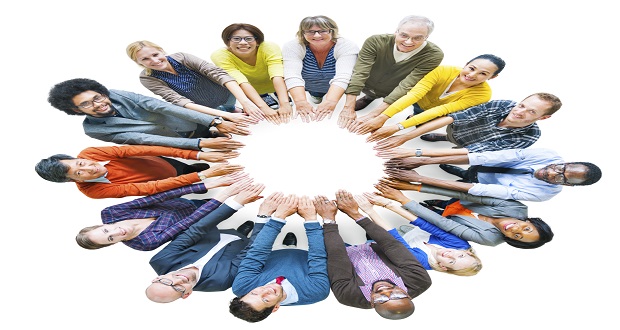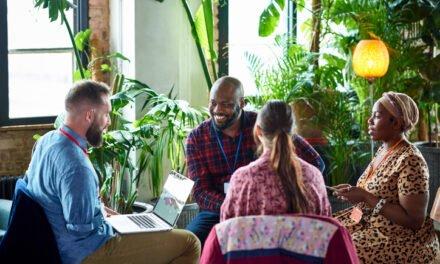
“But you’re not black,” said a friend.
“So what?” I replied.
“So why join that group?” he asked.
“Why not?”
Why not join my company’s black affinity group? I thought. And yet, the prospect of doing so seemed to perplex my friend.
I understand where he’s coming from. Like many people, he still believes that employee resource groups (ERGs) are workplace associations of workers who must share a similar trait. That’s true, but the trait my friend has in mind isn’t the one that matters most when thinking about membership.
What counts most is not who you are but how you think. For instance, you do not need to be black to join a black workplace coalition. You only need to care about supporting black employees at your organization.
So the question is not why a white male like me would join a black ERG. Rather, it’s why would I not sign up? (Let’s put time and commitment issues aside for now.)
If your company has ERGs—like about 90 percent of Fortune 500 organizations—think about joining one, or two, or all. Whether a group exists to support black colleagues, women, single parents, disabled people, veterans, Asians, Christians, you name it, it can be a terrific opportunity not just to help colleagues but bolster your own knowledge. A gay and lesbian ERG, for example, cares only that you share its mission around supporting your enterprise’s LGBT employees. I promise that its membership coordinator will not ask you whom you got busy with last night.
At one multinational I know, almost half of all its U.S. employees have joined at least one ERG. Granted, in many cases, that group is likely to be the one to which they feel connected to based on their demographic. Increasingly, though, workers are realizing that joining all sorts of ERGs is a means to leverage diversity of thought in a variety of applications—from corporate recruiting to talent management to product development to marketing to social-responsibility initiatives.
Here’s the thing: I don’t know what it’s like to be black. I don’t know how one’s skin color informs and affects someone at work. But I want to know. I want to know what challenges veterans face in the workplace. I want to know what they are doing for other veterans. I want to meet a really cute guy at my company’s LGBT group know how gays and lesbians are influencing corporate policy.
And I want to know firsthand, not just by reading The Economist (which I don’t). But most importantly, I want to know how I can help.
An ERG is not exactly for a category of individuals so much as about one. To think otherwise is to deprive yourself of some pretty cool ways to forge personal and professional relationships with colleagues, promote diversity of thought, develop yourself, and do something other than read Us Weekly (which I do, sometimes).


















